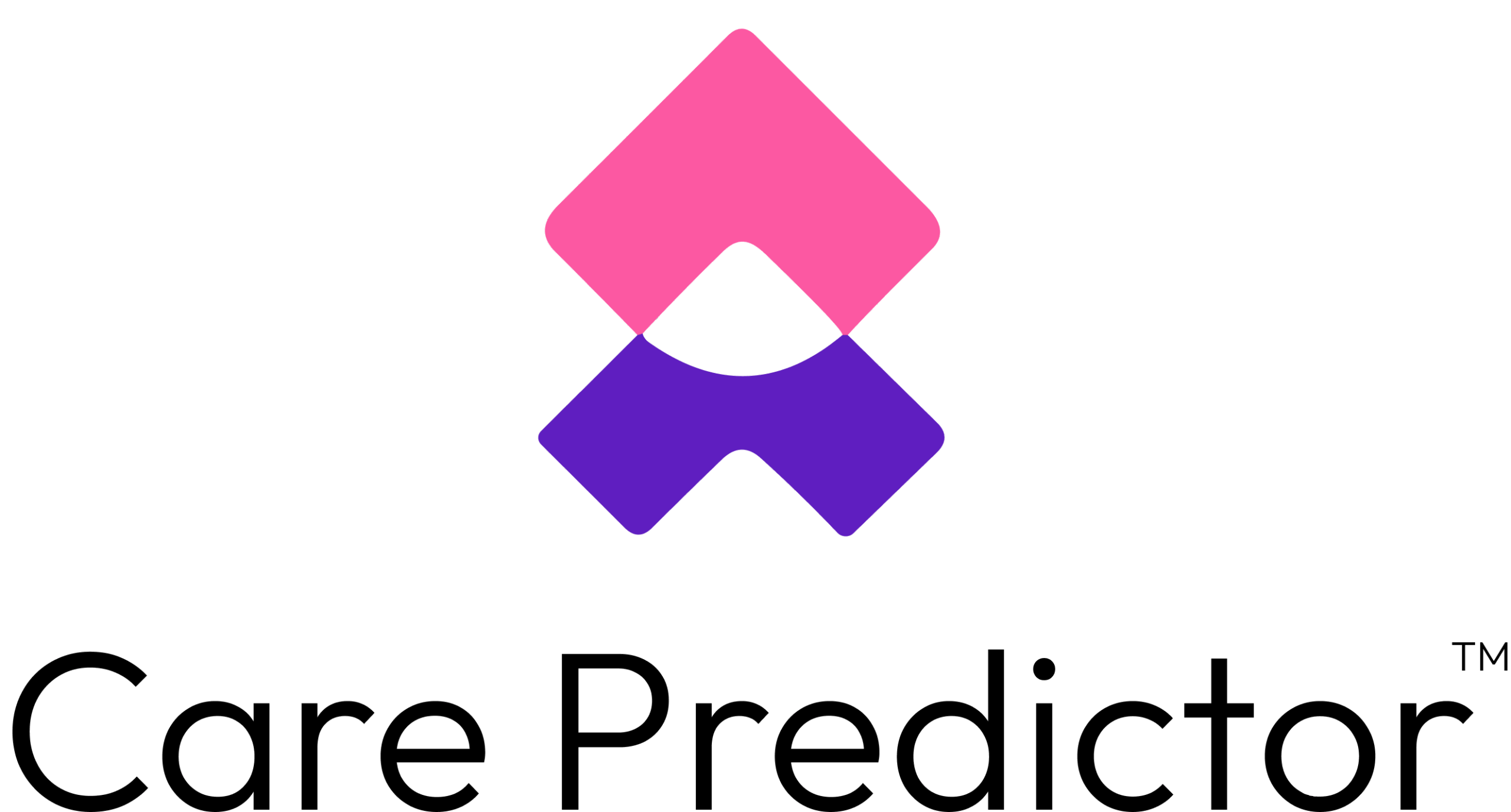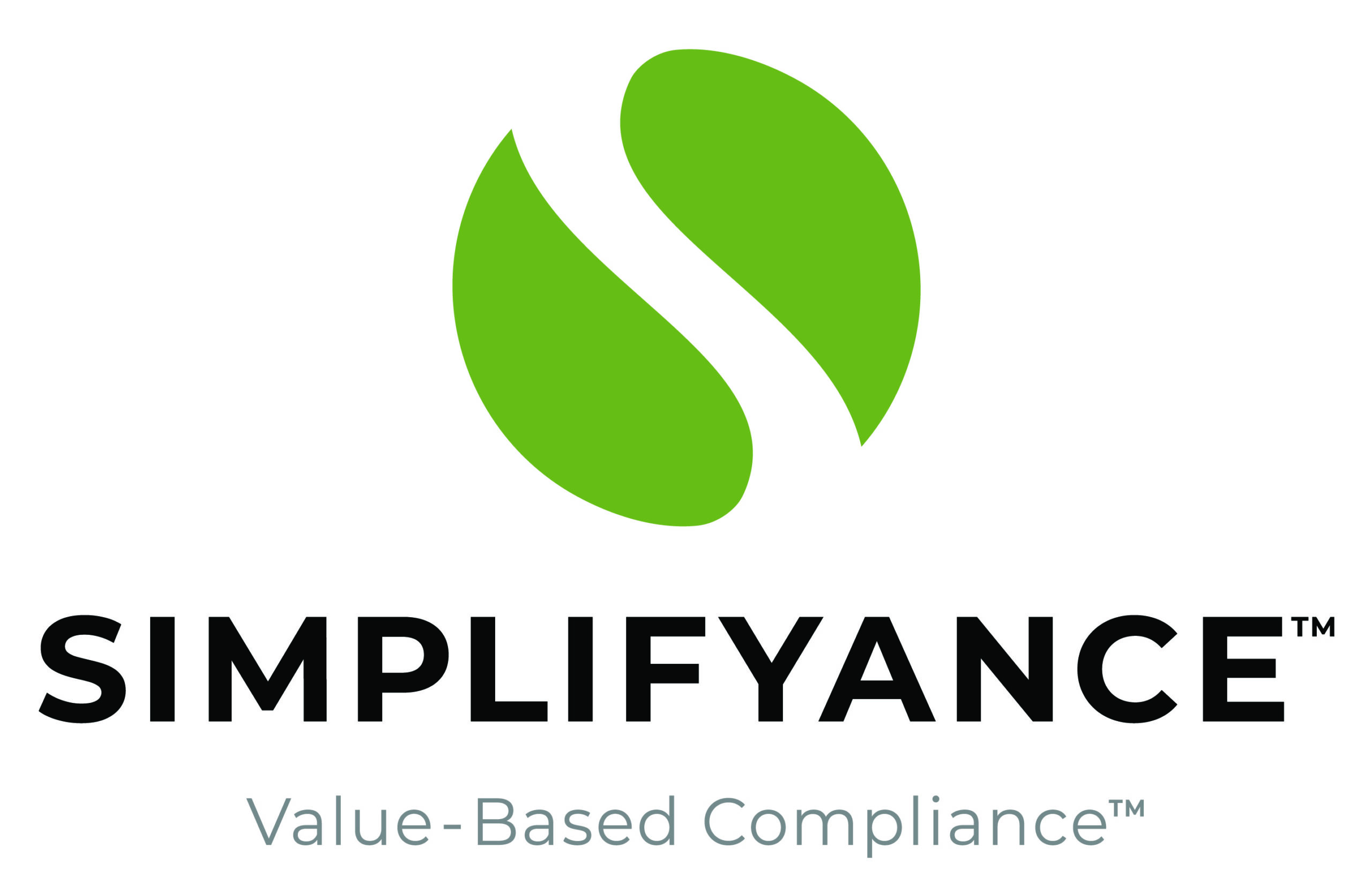California Behavioral Health Facility Licensing: Steps and Requirements
Planning to open a behavioral health facility in California? Navigating the licensing process in California can be complex, particularly due to the state’s unique county-by-county approach to Medicaid, known as Medi-Cal. Whether you’re looking to provide Detox, Residential Treatment, PHP, or IOP services, understanding the state’s requirements and local regulations is crucial to your success. Let Atlantic Health Strategies help you navigate these complexities and ensure your facility meets all requirements!
In California, Medicaid operates under the name Medi-Cal, and its administration is highly decentralized, handled at the county level. This means that requirements, application processes, and available services can vary significantly from one county to another. Knowing the specific requirements of the county where you intend to operate is critical to successfully obtaining licensure and contracting with Medi-Cal.


Licensing requirements for behavioral health facilities in California depend on the type of services you plan to offer. Below, we outline the primary requirements for Detox, Residential Treatment, PHP, and IOP.
Licensing for Detox and Residential Treatment Facilities
Detoxification Facilities: If you plan to open a detox facility in California, you’ll need to obtain licensure from the California Department of Health Care Services (DHCS). This license requires your facility to provide a medically supervised environment with qualified staff, such as licensed physicians and nurses, to manage withdrawal symptoms safely. Additionally, each county may have its own additional requirements or certifications for providers contracting with Medi-Cal.
Residential Treatment Centers: Licensing for Residential Treatment Centers in California also falls under the jurisdiction of DHCS. These centers must offer 24/7 care in a structured environment and comply with stringent regulations regarding staffing ratios, safety protocols, and patient care standards. The county in which your facility is located may have its own requirements, so it’s essential to be aware of both state and local rules.
Licensing for Partial Hospitalization Programs (PHP) and Intensive Outpatient Programs (IOP)
Partial Hospitalization Programs (PHP): To operate a PHP in California, you need to demonstrate that your facility provides intensive daily treatment without requiring overnight stays. The licensing process involves proving compliance with both state and local regulations, including detailed program descriptions, staffing plans, and emergency response protocols. County-specific Medi-Cal requirements must also be considered.
Intensive Outpatient Programs (IOP): IOPs provide structured outpatient care that is less intensive than PHPs. To obtain a license for an IOP, you must submit a comprehensive application to DHCS that outlines your therapeutic services, staffing, and compliance with state standards. Additionally, you’ll need to meet any county-specific requirements if you intend to contract with Medi-Cal.
Determine the Type of License You Need: Decide whether your facility will provide Detox, Residential, PHP, or IOP services. This decision will guide you through the specific state and county requirements needed for your application.
Review State and Local Regulations: Visit the California Department of Health Care Services (DHCS) website and the website of the local county health department to understand the regulations, requirements, and application processes for your facility type.
Understand Facility Size and Capacity Requirements:
- Check Facility Size Restrictions: California imposes specific requirements on the size and capacity of behavioral health facilities. This includes regulations on the number of clients you can serve, the amount of space required per client, and specific room dimensions (e.g., square footage for sleeping areas, common areas, and treatment rooms).
- Comply with Zoning Laws: Verify that your facility’s size and location comply with local zoning laws, which can vary significantly by county. Some counties may have restrictions on the size or type of facility that can be operated in certain areas.
Prepare Your Application and Documentation: Gather all required documents, such as a detailed program description, staffing plans, facility floor plans, and proof of compliance with state and local health and safety regulations. Make sure to include documentation that demonstrates your facility meets size, space, and occupancy requirements.
Submit Your Application to DHCS and the County: Submit your application to the DHCS along with any required county-specific forms and fees. Make sure to provide all necessary documentation, including evidence that your facility complies with both state and local size and capacity regulations, to avoid delays.
Prepare for State and Local Inspections: Both state and local agencies may conduct inspections to ensure compliance with health, safety, operational standards, and facility size requirements. Be prepared to show that your facility meets all these criteria, including any specific room dimensions, space per client, and capacity limits.
Receive Your License and Start Providing Services: Once you pass all inspections and meet all state and county licensing requirements, including facility size and capacity regulations, you will receive your license and can begin offering services to your community.


Compliance with State and County Regulations: California requires compliance with both state-level rules set by the Department of Health Care Services (DHCS) and additional county-specific requirements. Each county has unique rules, including different Medi-Cal contracting processes, so understanding both state and local regulations is crucial.
Facility Size, Zoning, and Building Codes: Your facility must meet state regulations for room dimensions, square footage per client, and overall capacity. Additionally, local zoning laws and building codes vary by city and county and may affect where and how you can operate.
Staffing Requirements and Ratios: California mandates specific types of licensed and certified staff, such as psychiatrists, nurses, and therapists, and sets minimum staff-to-patient ratios depending on the level of care provided. Ensuring you meet these staffing requirements is essential for licensure.
Licensing a behavioral health facility in California can be a complex process due to the state’s unique county-by-county approach to Medicaid. Let Atlantic Health Strategies guide you through this process with confidence! With our in-depth knowledge of California’s regulations and experience in working with multiple counties, we offer tailored support to help you navigate the complexities of state and local licensing requirements. From application preparation to county-specific compliance, we are here to help you every step of the way.
Contact Us Today!
Don’t let the complexities of California’s licensing process slow you down. Contact Atlantic Health Strategies today and let us help you get licensed quickly and efficiently, so you can focus on providing excellent care to those who need it most!





